Our organisation is structured to ensure we are constantly improving provision for all our students regardless of their starting points. We aim to remove barriers to learning through quality first teaching. The Quality of Education Team is led by the Curriculum Deputy Head, Mr Breen, the Assistant Headteacher of Teaching and Learning, Mrs Leyssens and the SENCO, Mrs Balmer, who lead the whole school curriculum strategy in collaboration with our Heads of Department.
How we share powerful knowledge with our students:
The curriculum maps or overviews provide detailed information outlining the curriculum intent, prior knowledge and key knowledge in each subject area, how it is sequenced and taught. Subject specialism is key to strong implementation. Substantive and disciplinary knowledge varies from subject to subject and there will be differences in the way that subjects share and asses knowledge depending on their discipline. However, our overall approach to teaching uses The Great Teaching Toolkit Evidence Review (2020) and Barak Rosenshine’s Principles of Instruction (2012) as key points of reference.
Our learning journeys provide a visual representation of the sequencing of learning and are referenced on lessons and exercise books. Students have knowledge organisers which contain key knowledge, disciplinary vocabulary that they are expected to learn. Again, these are referenced in lessons.
Knowledge is shared in lessons across the school using retrieval practice, quality explanations, probing questioning, modelling and scaffolding of tasks and the use of assessment for learning and feedback enables students to learn more.
Knowledge is checked and tested at regular points, through low stakes quizzes, retrieval practice. This means that in lessons students are quizzed on prior knowledge in order to embed this knowledge in their long-term memory. This frees up their working memory to attend to current learning. Summative assessment plays a key role in shaping our curriculum. It allows gaps to be closed through timely re-teaching of specific knowledge. Our assessment data is used to evaluate the strength of the curriculum as students progress towards mastery and allows for an opportunity to adapt the curriculum to meet the needs of our learners. Feedback is provided to pupils following key assessments through individual feedback, whole class feedback and live marking.
We recognise the role that literacy (reading, writing, oracy and vocabulary) plays a key role in unlocking our curriculum. We recognise that all teachers are teachers of literacy. We explicitly teach the meaning of subject-specific language and we expect lessons to contain challenging reading, writing and vocabulary. Knowledge organisers provide students with key vocabulary and knowledge in each subject, enabling them to develop their understanding of key concepts outside of their lessons. We also encourage all students to read widely. Time is dedicated during form times to reading. This exposes students to quality reading experiences beyond the English curriculum.
Staff contact:
dbreen@stmonicas.stoccat.org.uk
sleyssens@stmonicas.stoccat.org.uk

